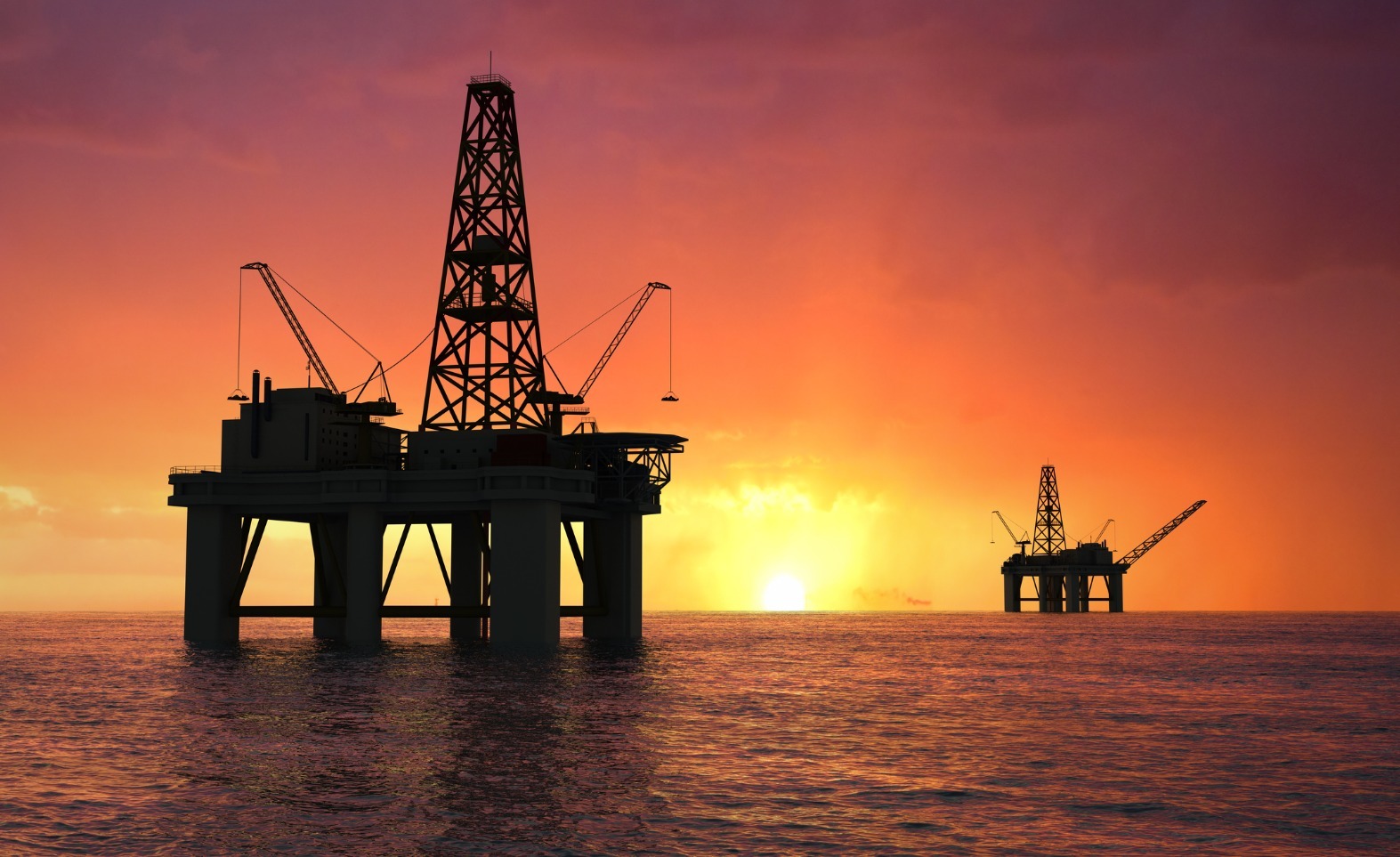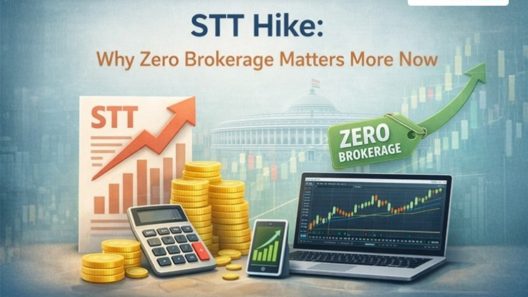Rating agency India Ratings and Research (Ind-Ra) has maintained a neutral outlook for oil and gas sector for FY24, helped by a steady demand for petroleum products, continued high crude and natural gas prices benefiting the upstream companies.
In addition, the rating agency has cited improvement in the credit profile of oil manufacturing companies (OMCs) on account of a reduction in the losses on the sale of primary fuels and high crack spreads, and a continued sound credit profile of city gas distribution (CGD) entities, backed by supportive regulatory policies.
Ind-Ra expects the credit profile in the downstream segment to remain stable in FY24 due to healthy refining margins. Also, the credit profile of CGD companies is expected to improve in the year, driven by regulatory support and planned policy-level changes.
Moreover, on account of the cabinet approval for Kirit Parikh Committee, the Administered Pricing Mechanism (APM) cost of gas for CGD segment will come down to around USD6.5/metric million British thermal unit (MMBtu) from the current USD8.57/MMBtu, driving EBITDA growth.
However, standalone petrochemical players could continue to face margin pressure as raw material prices will remain elevated, while end-product prices will remain dependent on a global demand pick-up.
Ind-Ra expects gross refining margins to moderate in FY24 from highs seen in 1QFY23, while remaining healthy, led by the oil supply chain realignment forced by geopolitical events. Ind-Ra estimates the benchmark Singapore gross refining margins to have remained above USD10/bbl for FY23, driven by high crack spreads on account of a rapid demand recovery post covid-led demand destruction.
Rise in debt
During 9MFY23, the total debt of Indian PSU OMCs increased 40% from their FY22 levels, mainly on account of an increase in the working capital debt to finance the losses incurred on the retail sale of petrol and diesel.
For FY24, while Ind-Ra does not expect loss funding to create borrowing pressure, refining companies are undertaking capacity expansions which could increase debt.
Additionally, changes to crude oil procurements could impact working capital requirements in case credit periods are reduced. Lastly, higher-than-expected dividend outflows could increase leverage ratios.
Higher oil and gas price to weigh on margin
The rating agency noted that oil manufacturers may face pressure on marketing EBITDA, if international prices of key products – petrol and diesel – remain high as was observed in FY23 when OMCs did not hike retail selling prices to reflect high diesel and petrol FOB prices which had led to EBITDA losses during 3QFY22 – 2QFY23.
The high gas price rally over till date in FY23 has exerted pressure on the overall margins of the CGD sector, although, companies could pass on cost increases historically, especially in CNG and D-PNG segments leading to healthy EBITDA margins. However, any change in the domestic gas pricing or priority allocation of domestic gas to the CGD sector could affect the margin profile.
City gas distribution business
Ind-Ra expects the City Gas Distribution (CGD) business to remain healthy in FY24, led by favourable regulatory policies, healthy operating margins, negative working capital cycle and demand creation in new geographical areas. During 9MFY23, even after an increase in the gas prices (APM and RNLG), CGD gas demand have proved to be inelastic with average demand for YTM November 2022 at 33.4mmscmd (FY22: 33.5mmscmd). This was despite a lower-than-expected consumption of gas by the industrial segment which is price sensitive.
Further, regulatory policies including increasing the proportion of domestic natural gas supply to the CGD sector for CNG and D/PNG, first right to CGD companies on gas bids from deep water fields, extension of Minimum Work Programme targets have helped the sector. Ind-Ra expects the CGD sector to benefit materially from the cabinet approval of Kirit Parekh Committee recommendations. However, if high prices continue, incremental demand could moderate.






